One does not become enlightened by imagining figures of light, but by making the darkness conscious
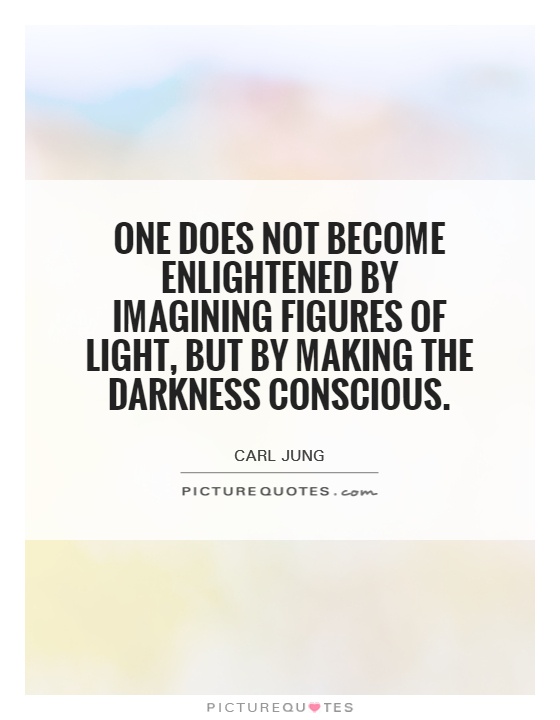
One does not become enlightened by imagining figures of light, but by making the darkness conscious
Carl Jung, the renowned Swiss psychiatrist and psychoanalyst, is often associated with the concept of enlightenment and the journey towards self-realization. His quote, "One does not become enlightened by imagining figures of light, but by making the darkness conscious," speaks to the idea that true enlightenment comes from confronting and integrating the shadow aspects of our psyche.Jung believed that the human psyche is composed of both conscious and unconscious elements, with the unconscious holding the repressed and hidden aspects of our personality. These shadow aspects, which include our fears, desires, and unresolved traumas, can have a powerful influence on our thoughts, emotions, and behaviors. By bringing these shadow elements into the light of consciousness, we can begin to understand and integrate them, leading to a greater sense of wholeness and self-awareness.
In Jungian psychology, the process of making the darkness conscious is known as individuation. This process involves exploring and confronting the unconscious aspects of the psyche, including the shadow, in order to achieve a more balanced and integrated sense of self. By acknowledging and accepting our shadow aspects, we can begin to transcend the limitations of our ego and connect with our deeper, more authentic self.
Jung believed that true enlightenment could only be achieved through this process of self-exploration and introspection. By facing our fears, insecurities, and unresolved issues, we can begin to heal and transform ourselves, ultimately leading to a greater sense of inner peace and fulfillment.
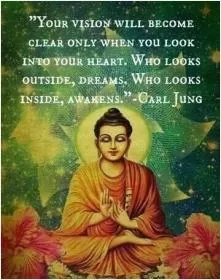
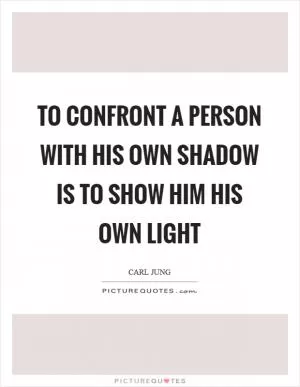
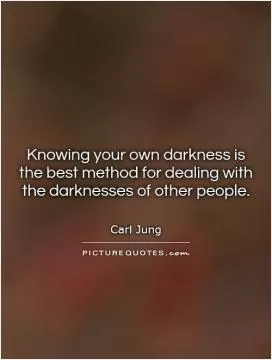

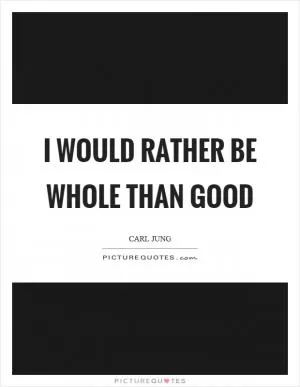
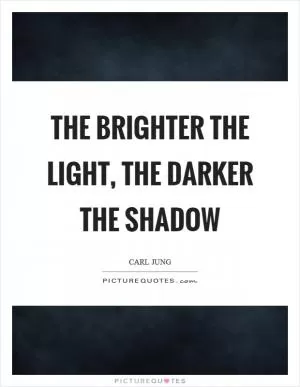
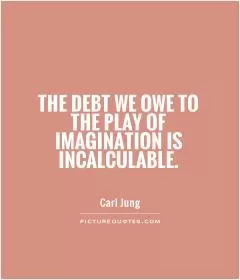
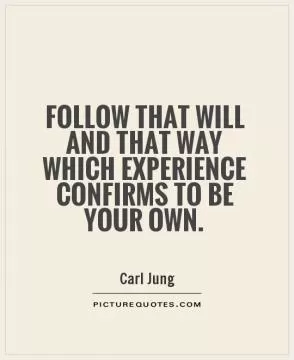
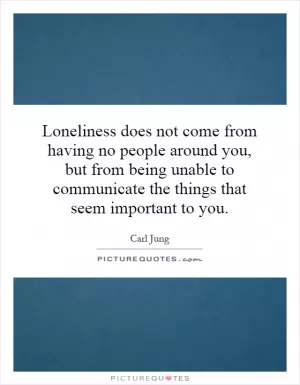


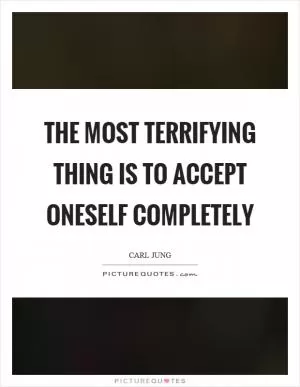
 Friendship Quotes
Friendship Quotes Love Quotes
Love Quotes Life Quotes
Life Quotes Funny Quotes
Funny Quotes Motivational Quotes
Motivational Quotes Inspirational Quotes
Inspirational Quotes